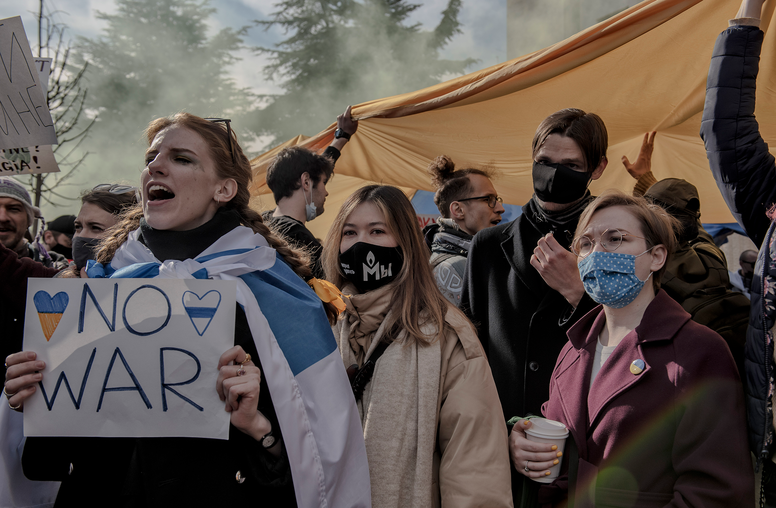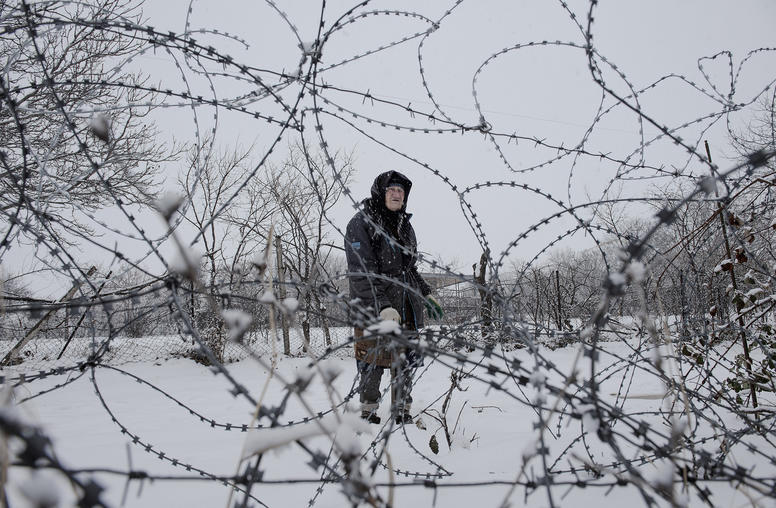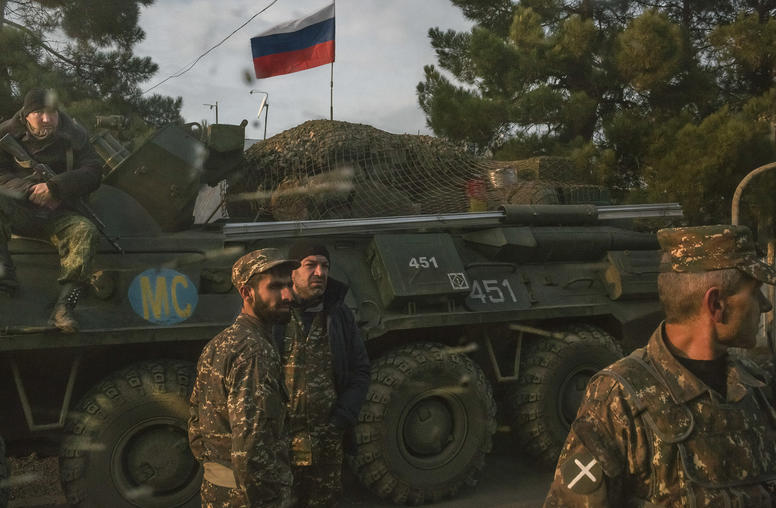Third Annual U.S.-Georgia Strategic Partnership Conference
A Strategic Alliance in the Making
The United States Institute of Peace, Embassy of Georgia, and the Heritage Foundation hosted the third annual U.S.-Georgia strategic partnership conference on June 13, 2019. Featuring renowned experts and government officials, the conference explored the current state of regional affairs, focusing on the geopolitical interests of the United States and Georgia and bilateral economic and trade opportunities.
The conference looked at how the United States and Georgia can further strengthen the ties between the two nations. It also provided a unique chance for U.S. decision-makers, experts, scholars, and journalists to focus on geopolitical regional trends and challenges, and explore bilateral opportunities from both the regional and international perspective. Take part in the conference on Twitter with #GEOUS.
Agenda
8:30am - 9:00am - Registration
9:00am - 9:05am - Welcoming Remarks, The Honorable Nancy Lindborg, President & CEO, U.S. Institute of Peace
9:05am - 9:15am - Keynote Address, The Honorable Mamuka Bakhtadze, Prime Minister of Georgia
9:15am - 10:30am - Session 1: Geopolitics and Security: Ensuring Regional Peace and Stability
- H.E. David Zalkaliani
Minister of Foreign Affairs of Georgia - Mr. Michael J. Murphy
Acting Principal Deputy Assistant Secretary of State for European and Eurasian Affairs - Dr. James Jay Carafano
Vice President, Kathryn and Shelby Cullom Davis Institute for National Security and Foreign Policy and the E.W. Richardson Fellow, The Heritage Foundation - Mr. Peter Doran, moderator
President and CEO, Center for European Policy Analysis
10:30am - 10:45am - Coffee Break
10:45am - 12:00pm - Session 2: Trade and Commerce: Regional Hub for Growth
- Mr. Alexander Benard
Co-Head of Cerberus Frontier and Senior Managing Director, Cerberus (Singapore) Pte. Ltd. - Ms. Cynthia Huger
Vice President, Administration and Finance and Agency Head, The Millennium Challenge Corporation - H.E. Natia Turnava
Minister of Economy and Sustainable Development of Georgia - Mr. Anthony Kim, moderator
Research Manager and Editor of the Index of Economic Freedom, The Heritage Foundation



